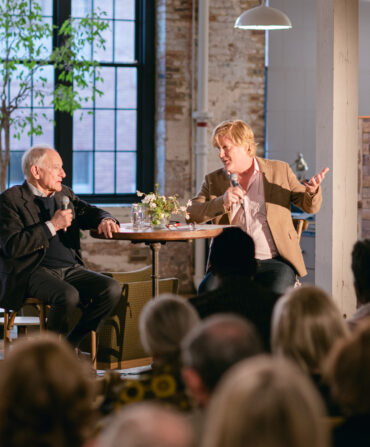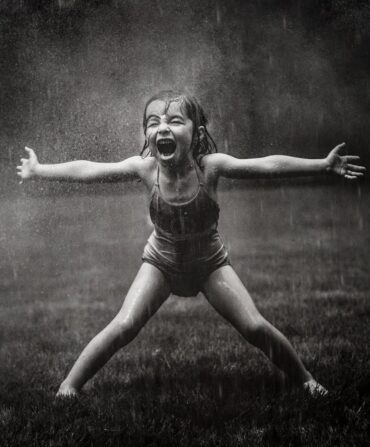Arts & Culture
The Southern A-List: Anthony Mackie
The Louisiana native on the ideal barroom clientele and learning the ropes from Morgan Freeman

Photo: Joe Pugliese
Anthony Mackie has been an active man in the past five years, appearing in more than fifteen movies. Among the highlights: a member of an Army bomb-disposal unit in The Hurt Locker, Tupac Shakur in Notorious, and a high-strung FBI agent opposite Justin Timberlake and Ben Affleck in Runner, Runner. This spring, he stars as the Falcon in Captain America: The Winter Soldier. Mackie was born in New Orleans and attended the Juilliard School’s Drama Division. He splits his time between the Crescent City and Brooklyn, where he’s opened two locations of his hip, Cajun-inflected drinking joint, NoBar.
From 8 Mile to Captain America, you’ve played some pretty high-intensity roles. Are you some kind of adrenaline junkie?
No, I wish. I’m actually the complete opposite. I’m the guy who when it comes to bungee jumping and all that stuff always chickens out.
You’ve opened two bars in Brooklyn in the past couple of years. No good places to drink in your neighborhood?
There weren’t any type of places that I liked to hang out in up here. Most of the places were just overrun with pretension. There was no place where you could feel like a local. When you’re in New Orleans and you go to a bar, you might sit next to a billionaire, or you might sit next to a homeless dude. People just don’t care. Here, the bars seem to only serve their element. When I go to a bar, I want to see black people, Latino people, white people, rich people, struggling artists. I want the whole gamut.
Do you actually bartend?
I used to until I realized how bad I was at it. Owning a bar definitely gives you respect for bartenders.
What’s your signature drink?
I have a cocktail that’s called the Mackie that’s kind of a ginger-spiced rum drink because I love rum. And I came up with a drink for the bar called the NoBar, which is a whiskey play on a caipirinha.
Anything you refuse to serve?
If a dude came up and asked for a fuzzy nipple, I’d ask a chick to make it for him. Other than that, anything goes.
Morgan Freeman once advised you to “let Hollywood come to you.” What did that mean exactly, and did you act on
that advice?
I did act on it. Morgan and I did a movie together [Million Dollar Baby] early on. He was huge for my career. To this day, he is just such a warm, inviting spirit. He’s always been willing to listen. It was interesting when he gave me that advice because that was how he made his career. He didn’t go for the first big thing he was offered. He worked in theater, he worked on his craft. So when he got that movie audition, he knocked it out of the park.
He and Samuel L. Jackson have been mentors to you, right?
I think the fact that we’re all Southern meant we had kindred spirits. And black dudes from the South are just different types of dudes. We just talk and hang out and have a few beers. They’ve always been open and reflective with me about their careers and mine.
You’ve been in at least two movies a year for much of the past decade. How do you choose your roles?
A lot of people want to be the lead of the movie, the celebrity. Matt Damon once told me that whenever you do a movie, the second and third leads are always the best characters. They have all of the development and twists, but they don’t have the exposition or responsibility that the lead has to give the audience. I’d never thought about it that way. When I go into a movie, I look for the character who is the most three-dimensional, as opposed to the one who has the most lines.
A decade from now, where do you see your career headed?
I think I’m on a pretty good course. I enjoy doing theater and film. Theater has been so enlightening. Ten years from now, I hope I’m producing movies, for myself and others. And I hope that instead of doing one play every three years, I’m doing one a year.






